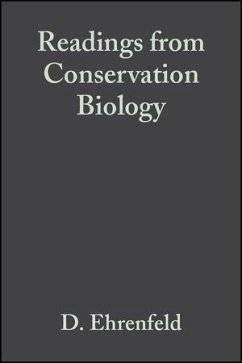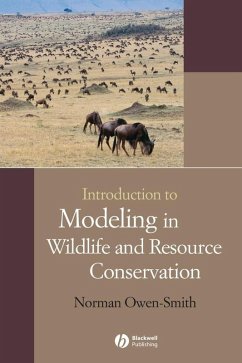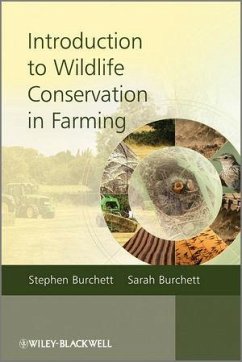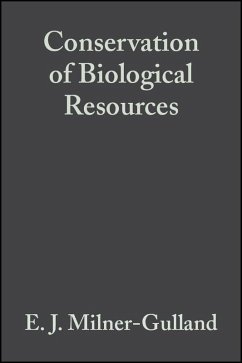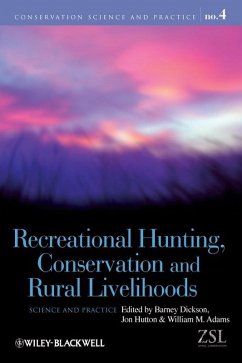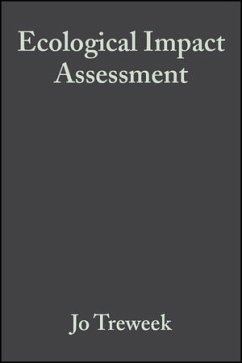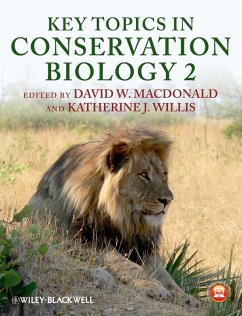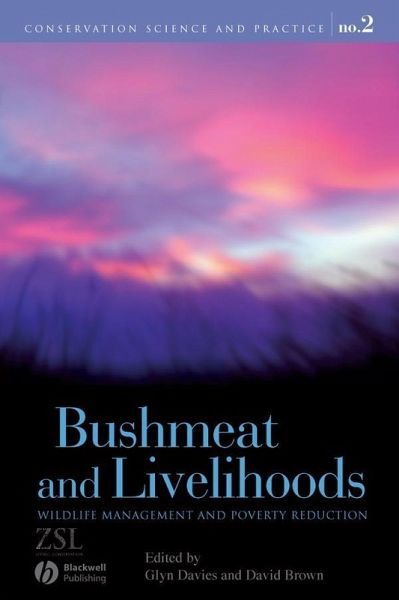
Bushmeat and Livelihoods (eBook, PDF)
Wildlife Management and Poverty Reduction
Redaktion: Davies, Glyn; Brown, David
Versandkostenfrei!
Sofort per Download lieferbar
87,99 €
inkl. MwSt.
Weitere Ausgaben:

PAYBACK Punkte
0 °P sammeln!
This book explores the links between bushmeat and livelihoods in Africa, with a focus on the human dimension of the debate. * * Assembles biological, social and economic perspectives that illuminate the bushmeat debate * Features a series of case studies that explore what species survive different intensities of bushmeat hunting and trapping * Examines the shape and size of household bushmeat consumption and market trading * Reviews governance and institutional impacts on wildlife management; lessons learned from agriculture, forest plant product, and development sectors; and perspectives from...
This book explores the links between bushmeat and livelihoods in Africa, with a focus on the human dimension of the debate. * * Assembles biological, social and economic perspectives that illuminate the bushmeat debate * Features a series of case studies that explore what species survive different intensities of bushmeat hunting and trapping * Examines the shape and size of household bushmeat consumption and market trading * Reviews governance and institutional impacts on wildlife management; lessons learned from agriculture, forest plant product, and development sectors; and perspectives from Asia and Latin America * Provides an excellent resource for students and policy makers in wildlife management, conservation, and development
Dieser Download kann aus rechtlichen Gründen nur mit Rechnungsadresse in D ausgeliefert werden.



